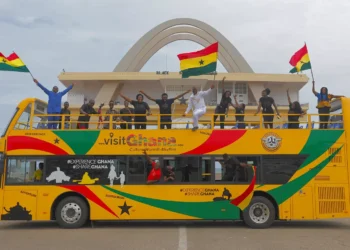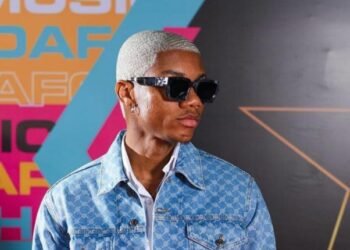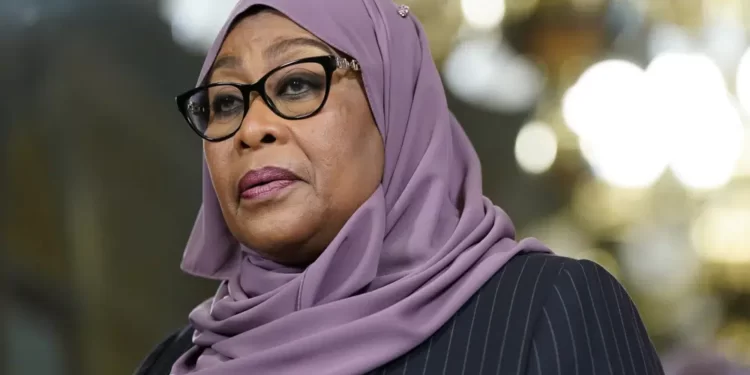Afriyie Wutah has expressed worry that Ghanaians do not show adequate pride in what they have musically.
Rather, he lamented, the country is distracted by xenophilia and explored ways to make Ghana’s music heritage trendy again.
“Variety is good, diversity is good, but we must embrace what we have. Once we embrace it, we can sell it to the next person. If Jamaicans had opened their doors to almost every genre, I am not sure they could have sold Reggae to the world how they have,” Afriyie Wutah admonished.
Afriyie opined music production in Ghana should be urgently relooked at.
“What’s the production we’re seeing now? Is it the same production from back then when Island Records came to sign some of our big artists like ET Mensah and George Darko? We are not getting the same [quality] of production [now],” Afriyie bemoaned.
In his view, Ghana’s prevailing poor music production all boils down to investment and finances.
“We’ve invested so little in our Highlife. We have marginalized it. We have opened our doors so wide for almost everything to enter,” he said.
“Today’s musician is a versatile one, thus, if a genre is not financially rewarding, they quickly switch to a widely accepted style for money. We’ve even seen talent managers redirecting artists to appeal to current trends,” he noted.
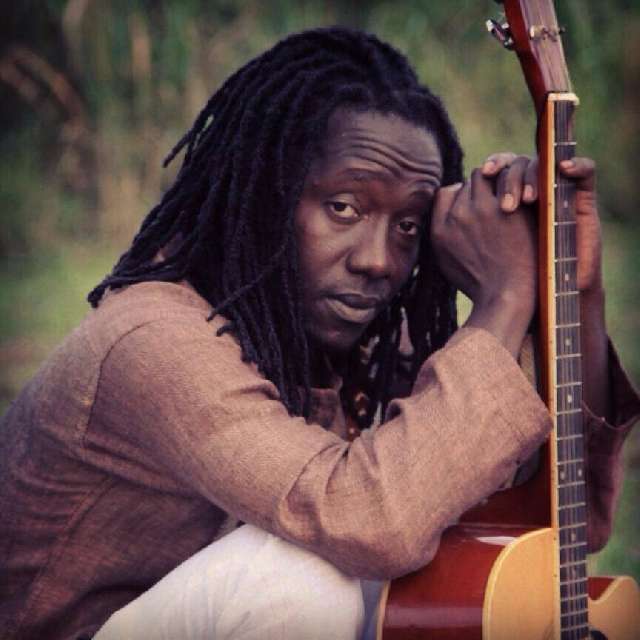
The guitarist and saxophonist suggested, that to salvage the situation, the media should play an active role, like designing segments on stations dedicated solely to Highlife.
Afriyie mentioned that apart from “gatekeepers” in media and entertainment playing their role, introducing the learning of Ghanaian music in basic schools would also go a long way.
“Like in the days of Ephraim Amu – and John Teye back then. Let’s bring music education back into our schools because when a child understands music, he will not see one type of music as crass and foreign as refined,” the “Cheers to Life” hitmaker further added.
“This will eventually help these kids appreciate music, and once they appreciate music – music being part of their culture – they’ll appreciate the kind of music their forebears grew up with and what they are doing now,” Afriyie argued.
Also, the singer-songwriter took a moment to encourage Highlife musicians not to lose faith and strength just because they are not popular on the radio.
“There are people online who go out there to look for good music to listen to,” he said.
He noted how his song “Cheers to Life” had more than a million streams on Spotify at a time he hadn’t even heard it on the radio in Ghana.
The “Here to Stay” hitmaker predicted that those who have a bright future in the music business are not those whose music is played on radio but those with streaming numbers to show.
Afriyie Wutah revealed that in the pipeline is a project he is working on to discover and groom new artists.
Argument Of Afrobeats Being A Branch Of Highlife
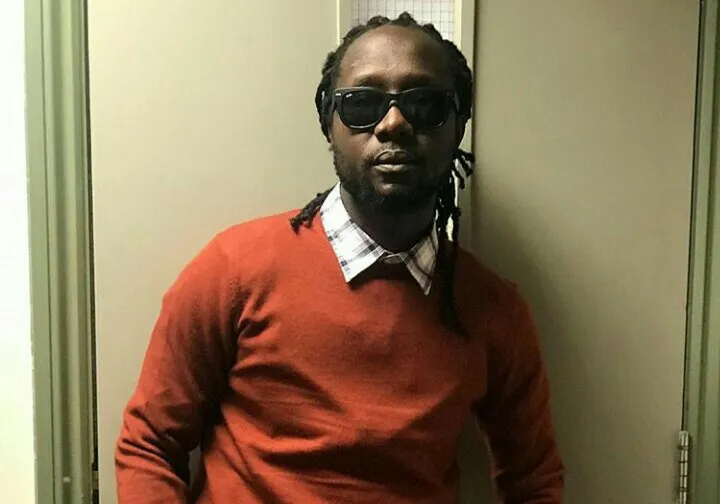
The Ghanaian star singer-songwriter and guitarist, Afriyie Wutah argued that Afrobeats is a branch of Highlife
Responding to if he was working on new music, “I used to do singles but now I’m working on EPs,” Afriyie said.
Without being specific, he assured that within this first quarter – against summer – something should come out.
He revealed that there are eight songs on the EP, but declined to mention them.
About the sonic texture of the EP, “I tried to explore our Highlife and its subgenres,” he said.
After summarising Highlife history starting with the regimental bands and the celebrated King of Highlife, ET Mensah, he observed that today’s popular music called Afrobeats is another branch or variation of Ghana’s Highlife heritage.
“Today, it’s the same thing in new clothing just to make it appealing to the current generation,” Afriyie said.
The “Country Hot” singer recalled a time when classic Highlife music was “marginalized” because of the “influx of foreign genres like Dancehall” and others but also noted Highlife is making a comeback in the melodies contemporary singers use.
He pointed to Kuami Eugene’s Highlife creativity employing “Pentecost melodies” and Akokoa hitmaker Safo Newman’s “uncommon way of writing his melodies and compositions”.
“You still hear Highlife melodies on the foreign beats like Dancehall, Hiphop, and Reggae,” he observed.
He lamented that, generally, as an industry, Ghana has not been fair to Highlife music.
“But gradually it’s picking up and I think it’s better now than it was about 10 years ago,” Afriyie Wutah said optimistically.
READ ALSO: Daniel Regha Knocks Davido Over His Donation To Orphanages




